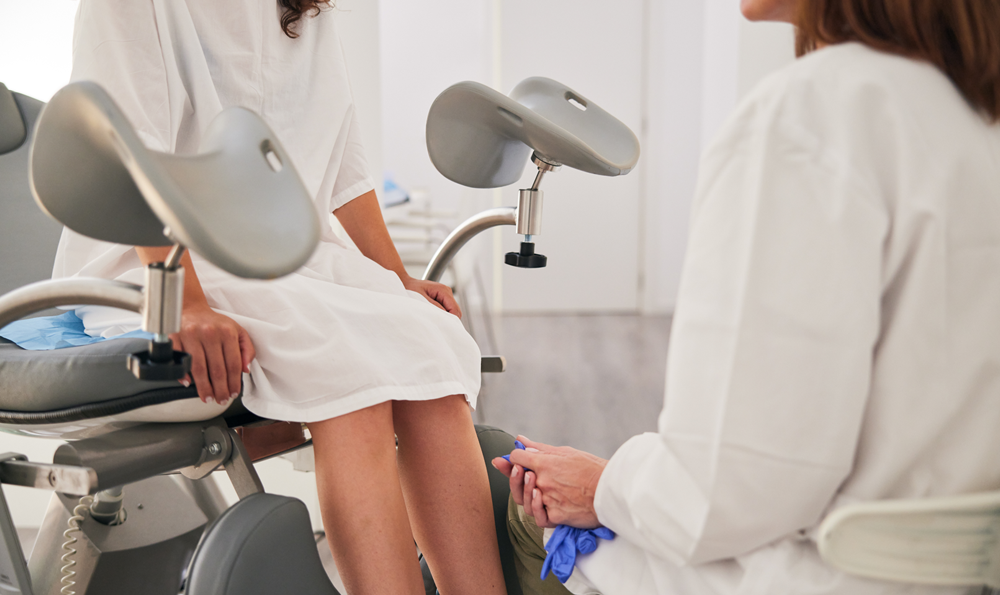Cervical cancer diagnosis and death have both dropped steadily since the 1970s thanks to reliable screening and prevention techniques. Still, there is work to do to make sure that the rates of this cancer continue to drop for patients everywhere.
Fatima Naqvi, MD, an obstetrician and gynecologist with Atlantic Health System, shares more about cervical cancer and how you can lower your risk.
What are the risk factors for cervical cancer?
The biggest risk factor for cervical cancer is infection with human papillomavirus (HPV), a common virus that infects up to 85% of people at some point in their lives. While most types of HPV do not lead to cancer, some strains of genital HPV are linked to cancers of the cervix, anus, penis, vagina, vulva, nose and throat. Genital HPV is transmitted through sexual intercourse and other skin-to-skin contact of infected areas.
Other cervical cancer risk factors include:
- Age (most common in women aged 45-49)
- History of smoking
- Immunocompromising conditions such as HIV, immunosuppressant medicines for chronic illness or chronic steroid use
- Obesity
- Poor nutrition
What screening options are available for cervical cancer?
There are three ways to get screened for cervical cancer based on your age. Your physician can perform a Pap smear that looks for any changes in the cervical cells, an HPV test to check for the virus or a test that combines the Pap smear with the HPV test.
“Cervical cancer is extremely treatable if caught early,” says Dr. Naqvi. “That being said, the HPV virus is extremely common, and it’s critical that we continuously monitor for signs of infection that could lead to cancer.”
The American College of Obstetricians and Gynecologists (ACOG) recommends screening for cervical cancer with a Pap smear every three years starting at age 21. For patients aged 30-65, the ACOG recommends any of the following:
- Pap smear every three years
- Primary HPV test every five years
- Combined Pap smear and HPV test every five years
Patients who have been fully vaccinated against HPV should still follow the recommended screening guidelines.
Is cervical cancer preventable?
Fortunately, cervical cancer is often preventable through vaccination. HPV vaccinations protect against the strains of HPV that cause most cervical cancer. These vaccines have also been effective at preventing other types of cancer and genital warts. This vaccine is given as part of a series of two to three shots and is most effective when administered between ages 11-12.
Beyond getting vaccinated, you can take other steps to lower your risk of developing cervical cancer. These include:
- Eating fruits, vegetables, whole grains and plant-based protein every day
- Eating foods high in phosphorus, selenium, iron, zinc, and vitamins C, D and E
- Limiting sweets and red meat
- Staying active
“We’ve come a long way in recognizing, treating and preventing cervical cancer in recent decades, but rates of this cancer have plateaued in the last few years,” says Dr. Naqvi. “I encourage all patients to get screened, get vaccinated and practice healthy habits to lower your risk of this disease.”








